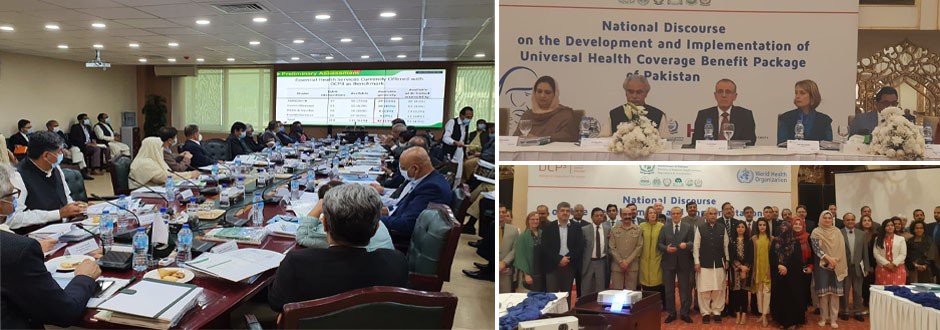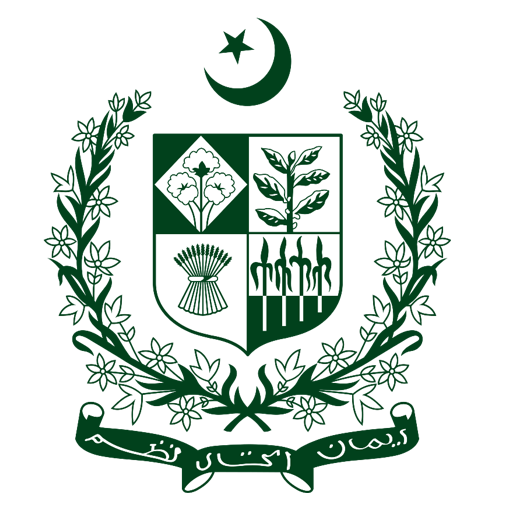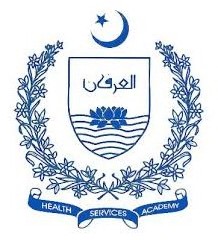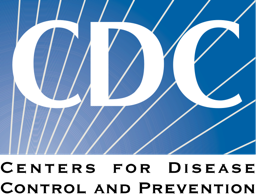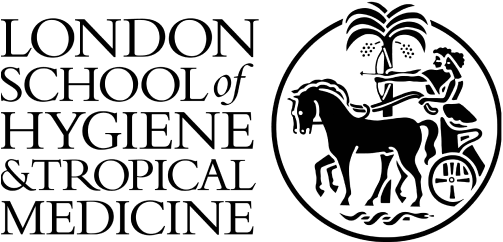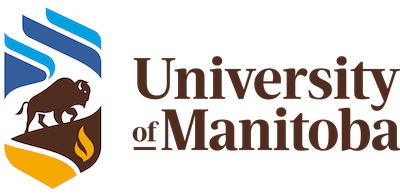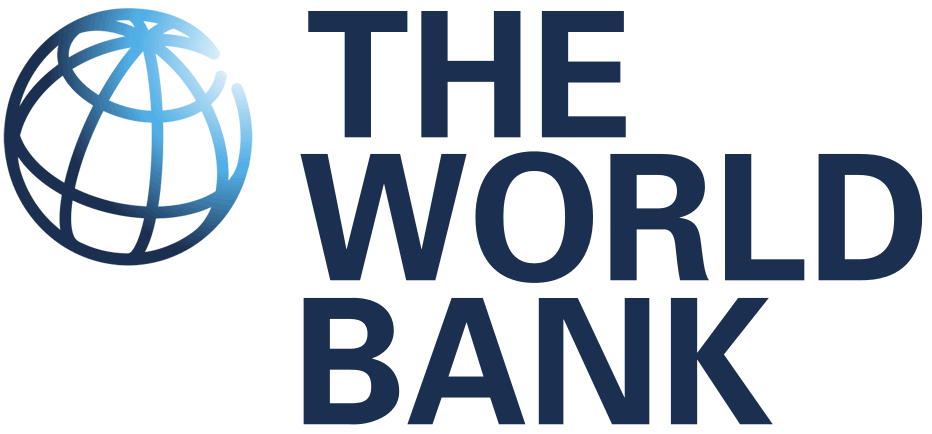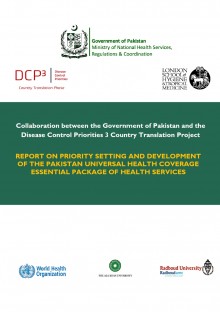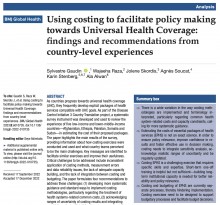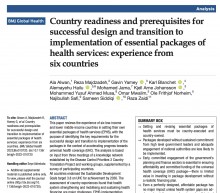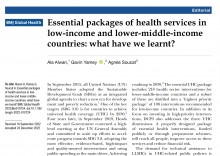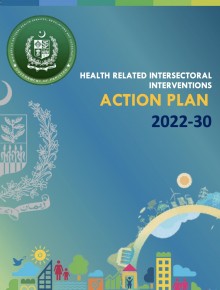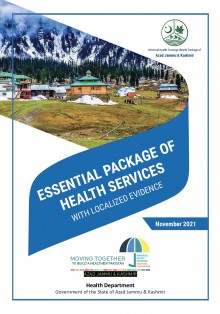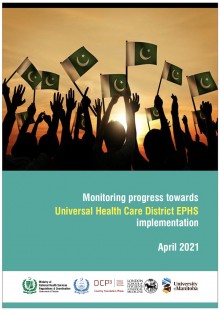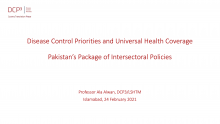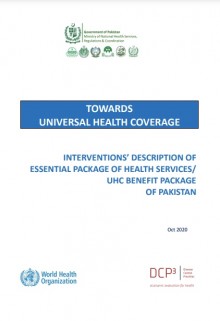Current Work
|
|
Provincial adaptation of UHC PackageDCP3 is supporting the sensitization, planning and localization workshops in the Khyber Pakhtunkhwa Province, including technical support to provincial Departments of Health in setting priorities and adapting the UHC benefit package. |
|
|
Implementation phase of the UHC Benefit PackageIn partnership with the University of Manitoba and the Health Services Academy, DCP3 developed a Monitoring & Evaluation framework and is providing technical expertise for the development of implementation plans after provincial adaptation of the national EPHS. |
|
|
Knowledge and experience sharingDCP3 is conducting a review of the experience and lessons learned in developing the national EPHS. The Pakistan experience will be soon shared with other partners and countries through a series of publications and special events. |
|
|
Package of intersectoral policiesDCP3 is finalizing a multisectoral analysis on the current status of the DCP3 core intersectoral policies and assessing priority needs in Pakistan. It will also develop a national package for high level discussion with government sectors and other partners. |
|
|
Health finances strategyDCP3 is engaging with the World Bank in the development of a health financing strategy for Pakistan. It will provide technical support in reviewing available data on fiscal space and health financing, including joint missions with the World Bank and relevant partners. |


